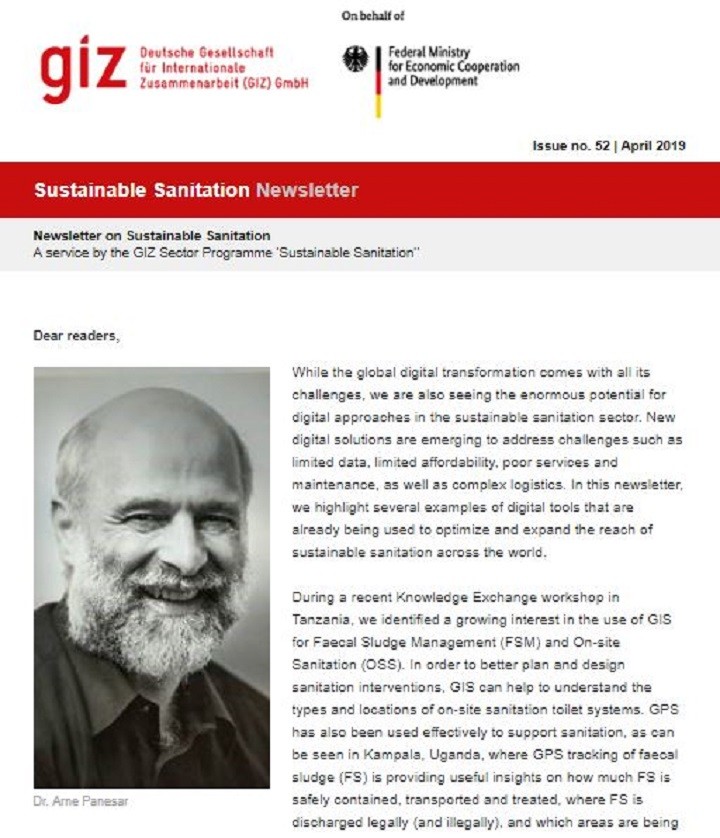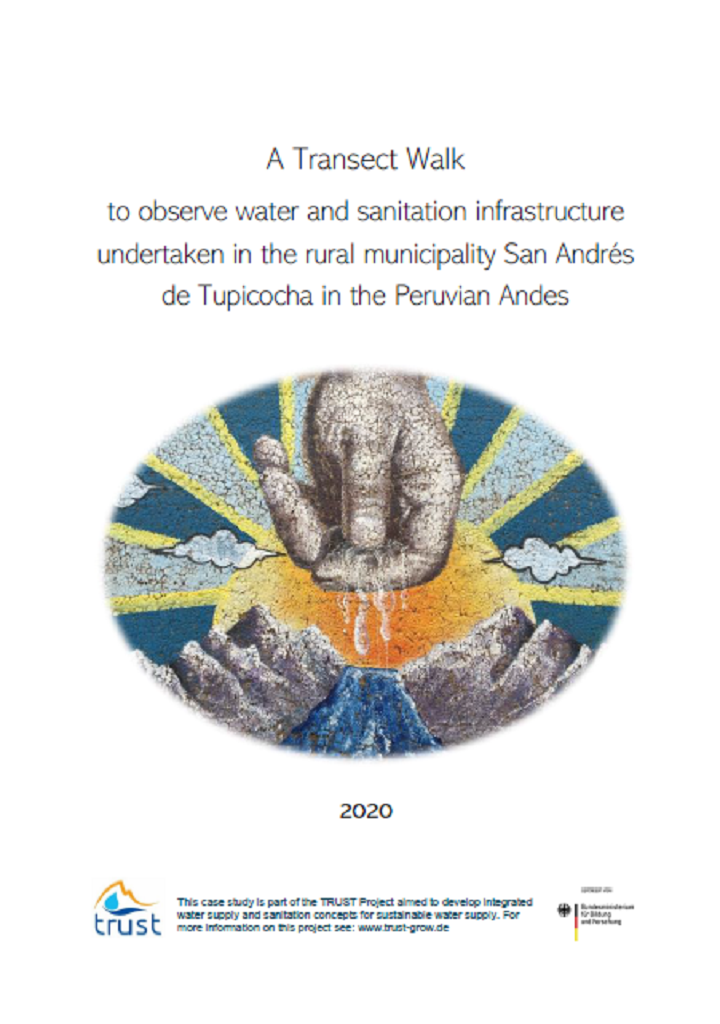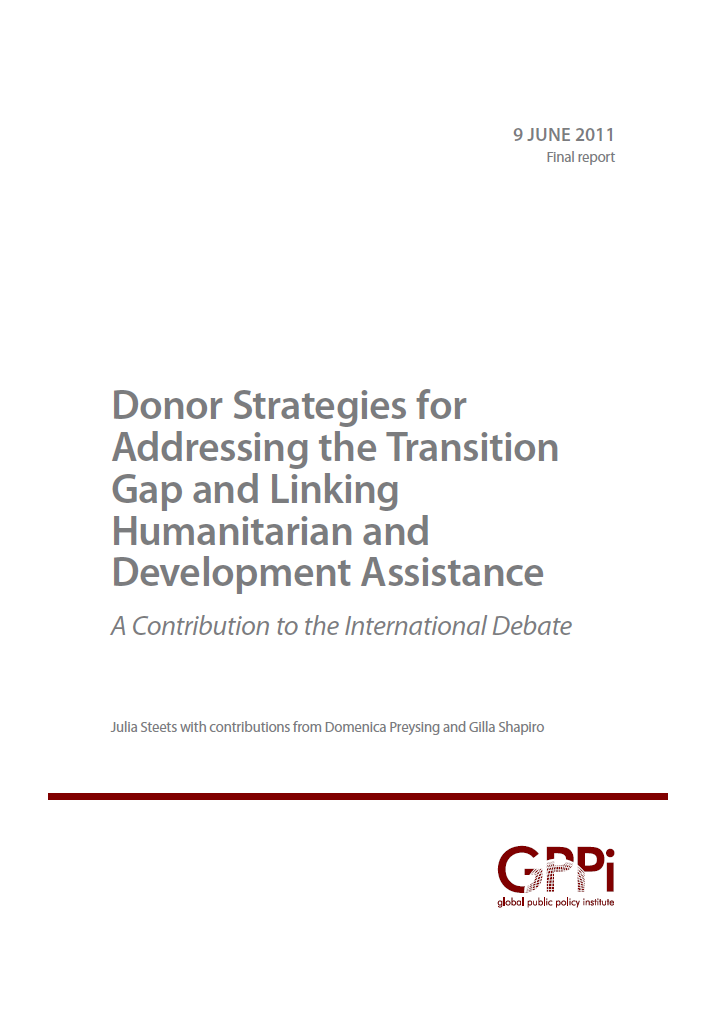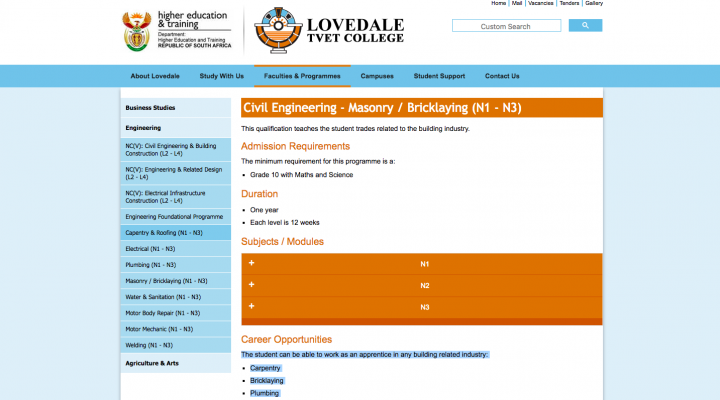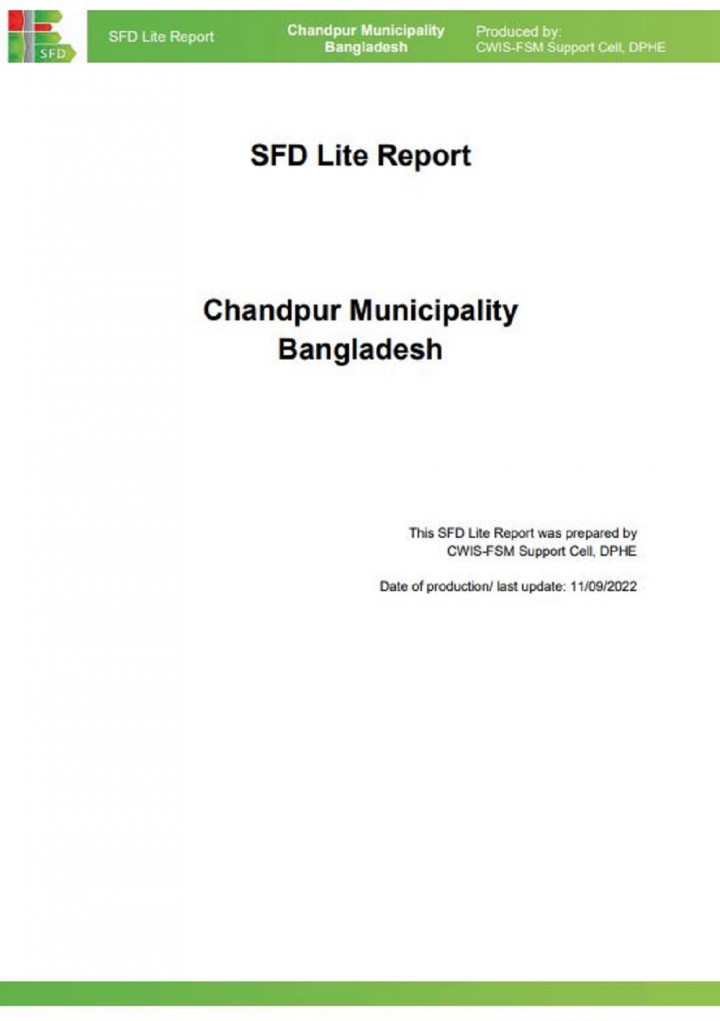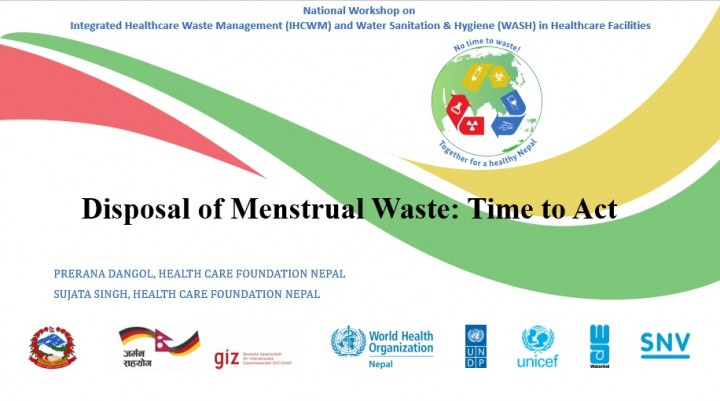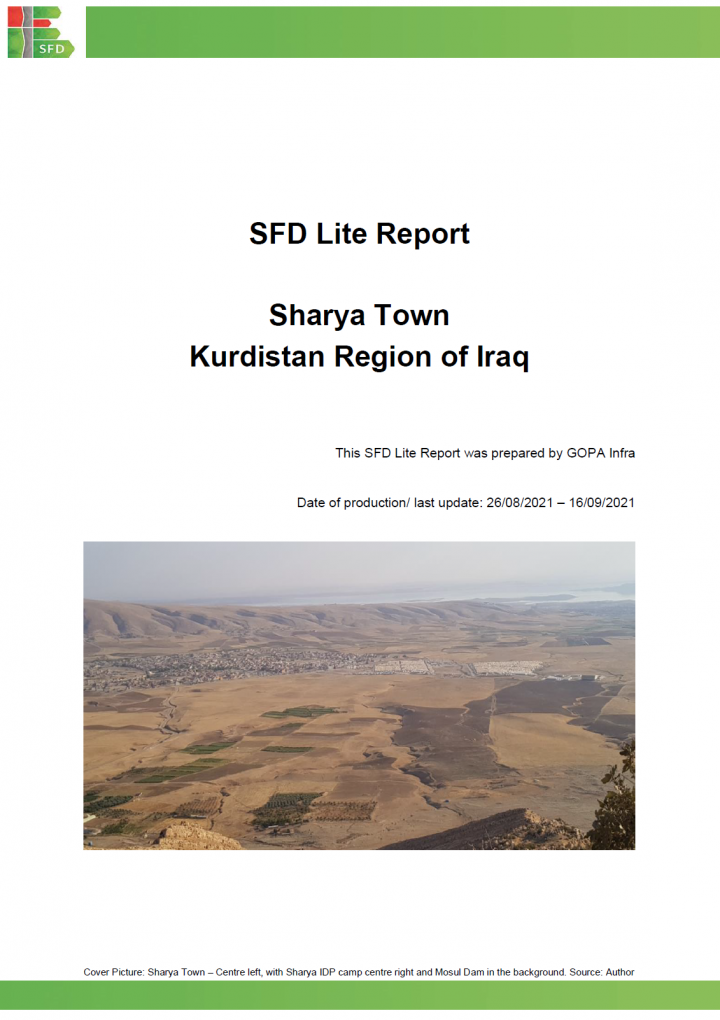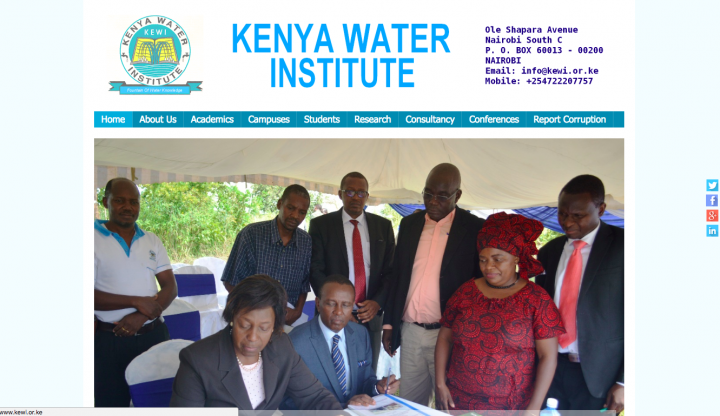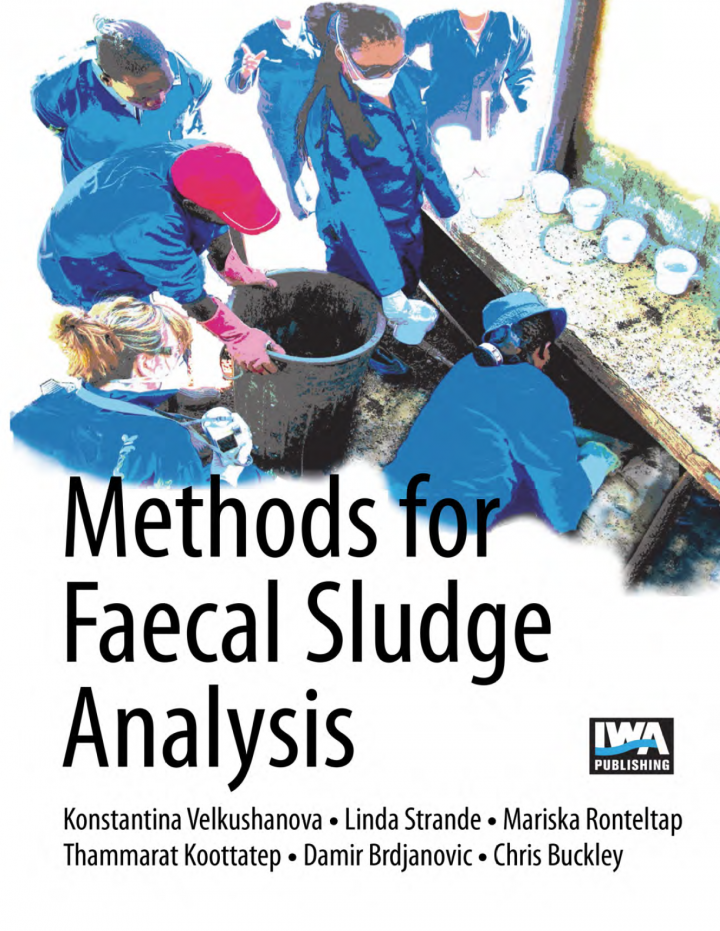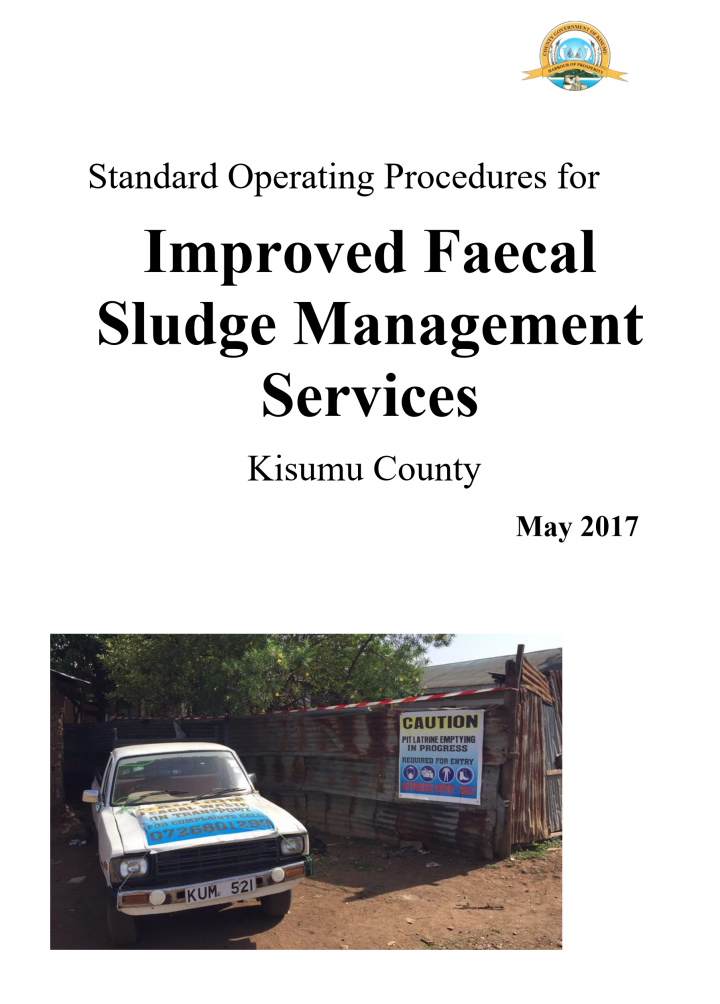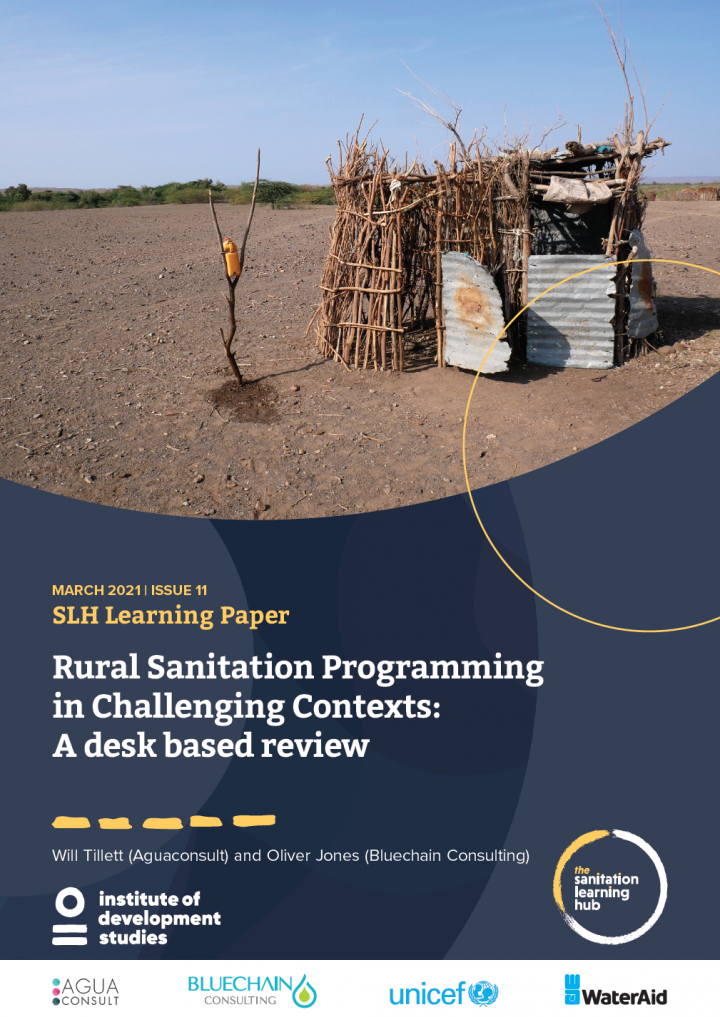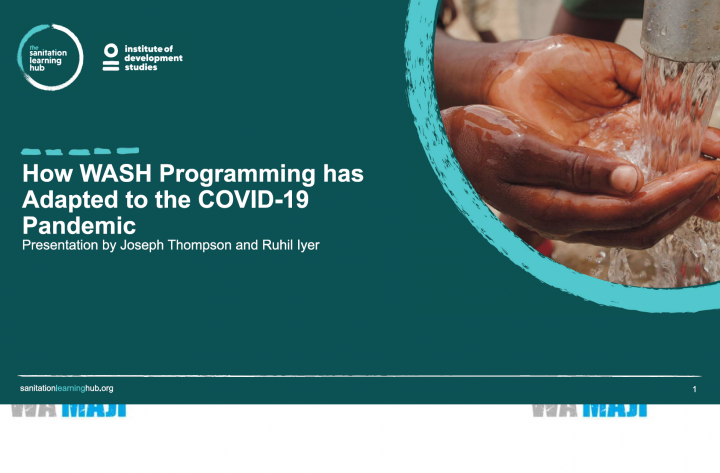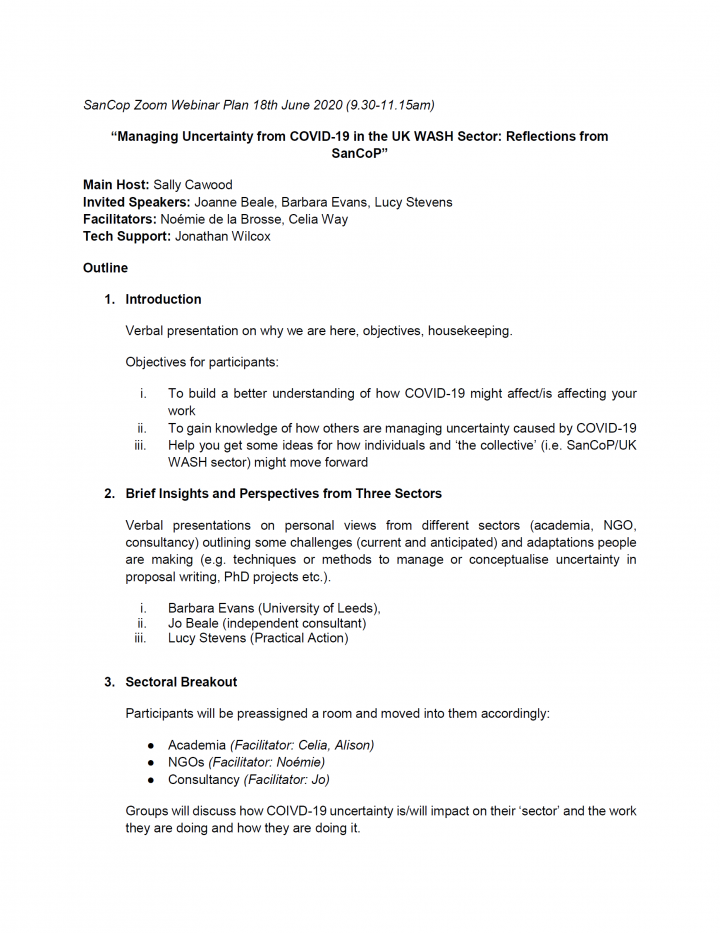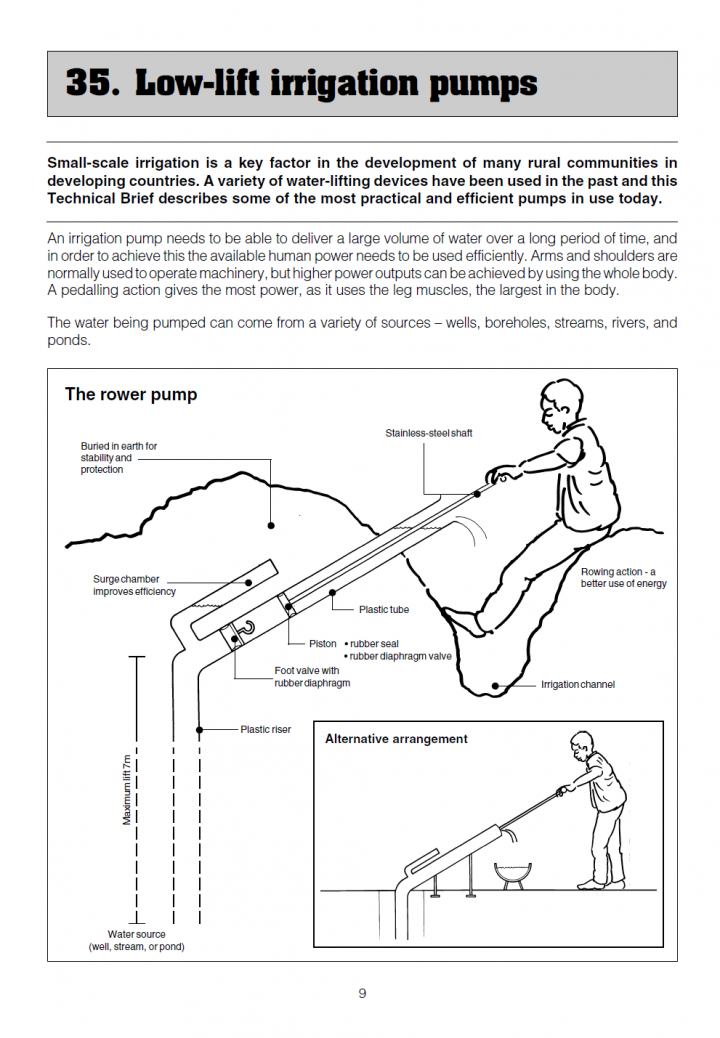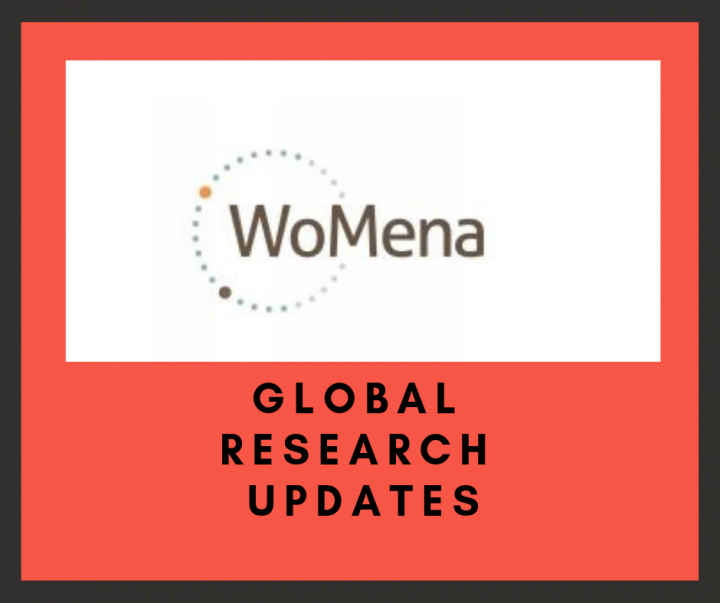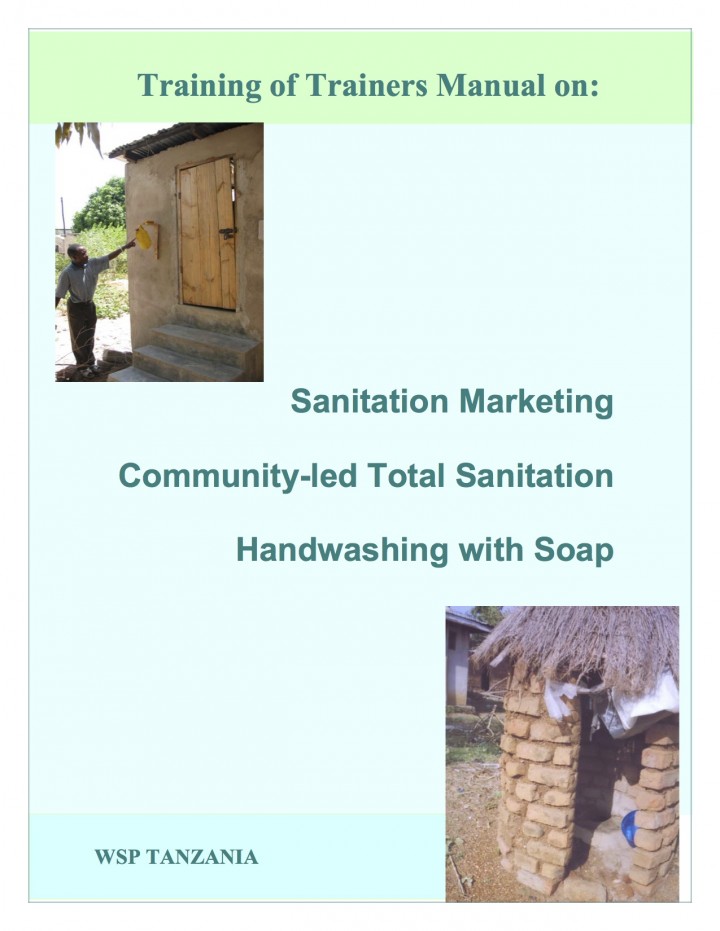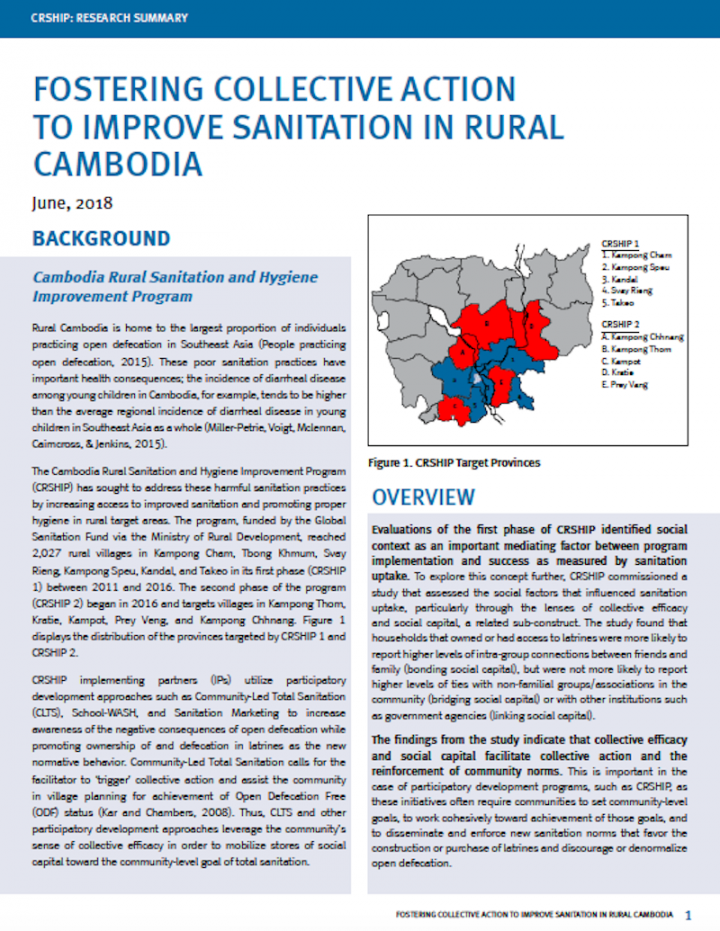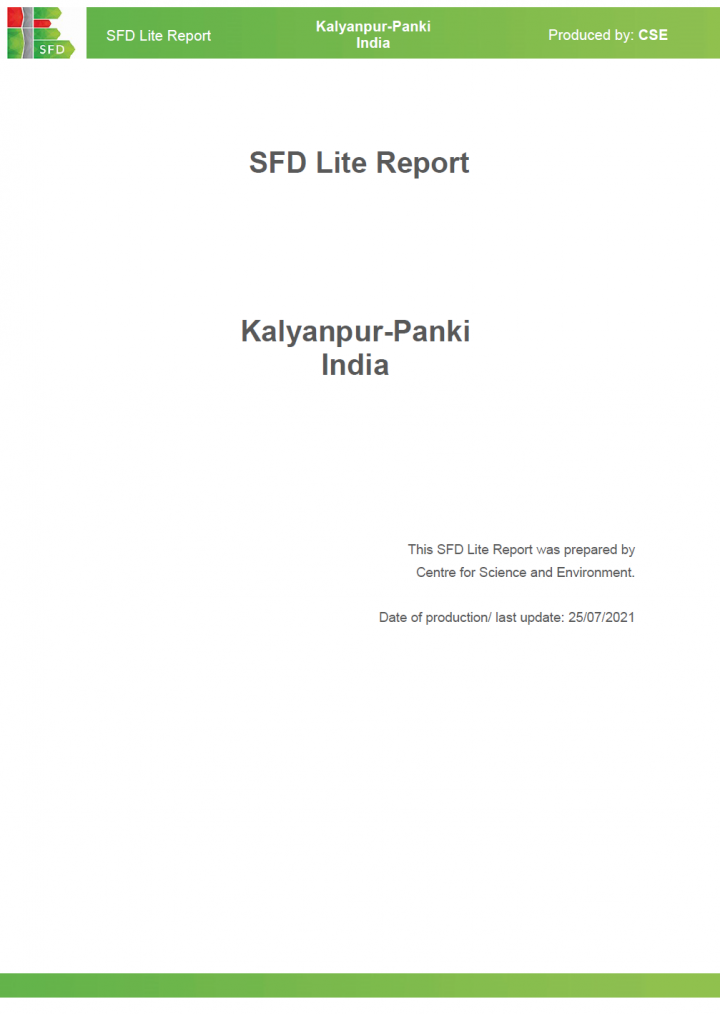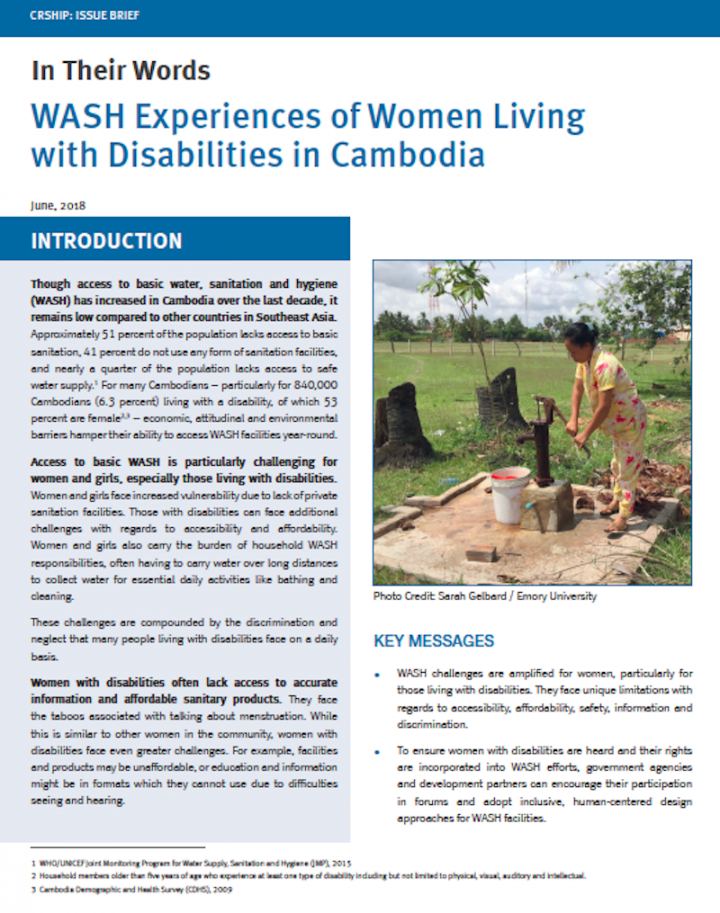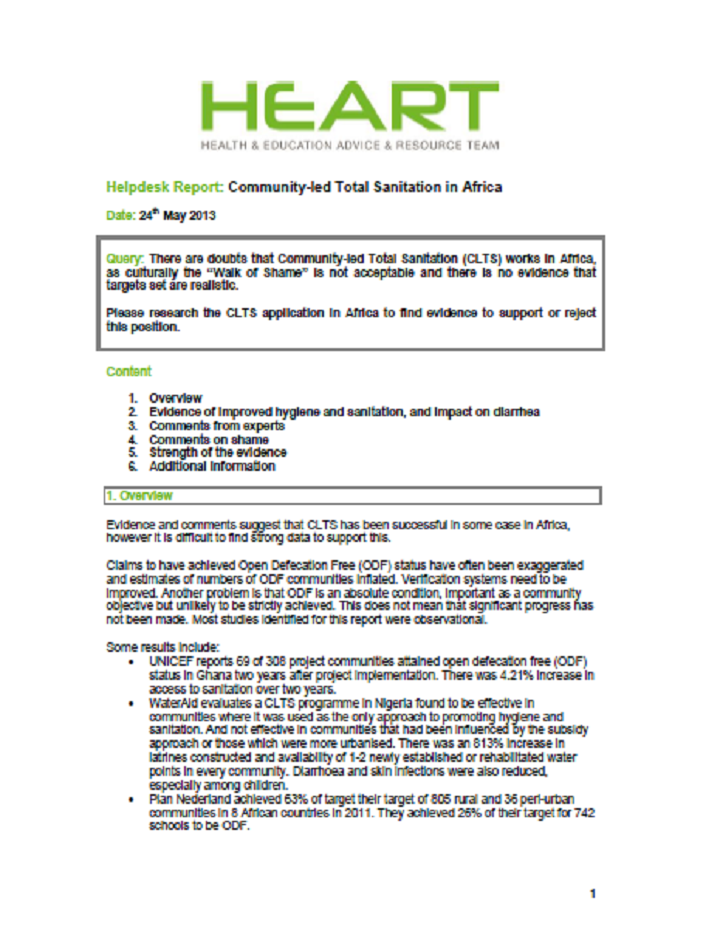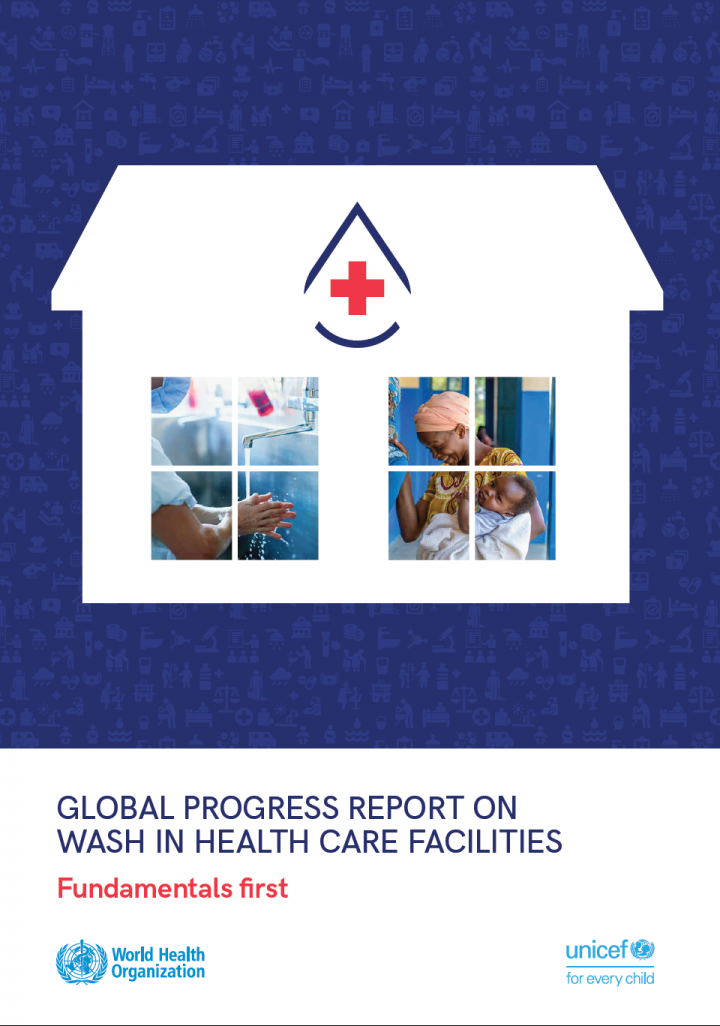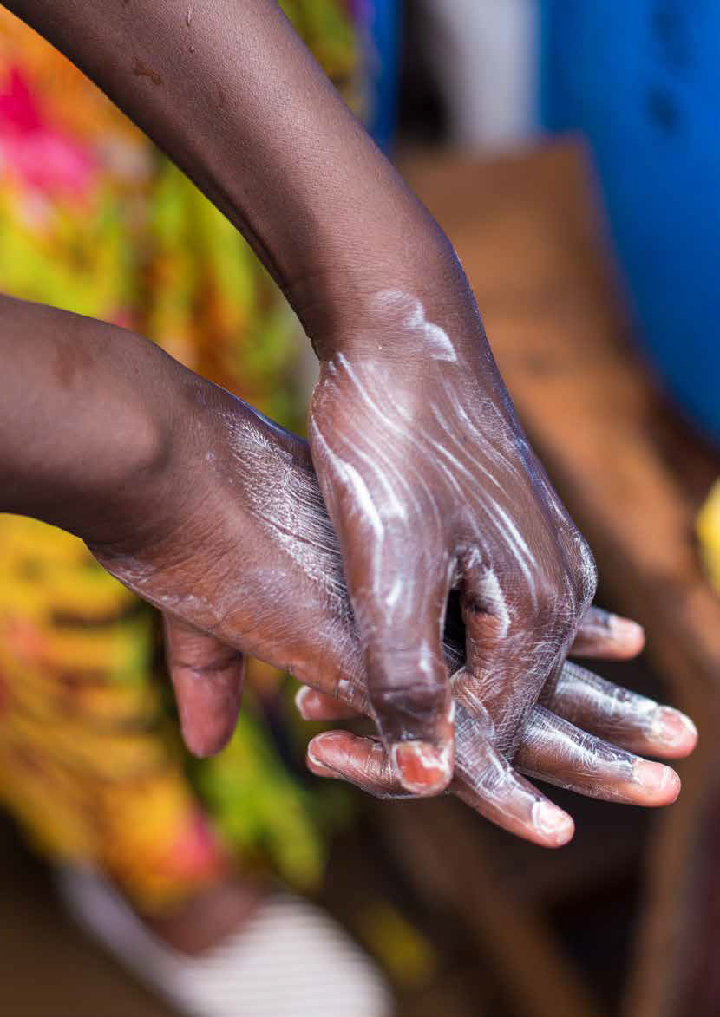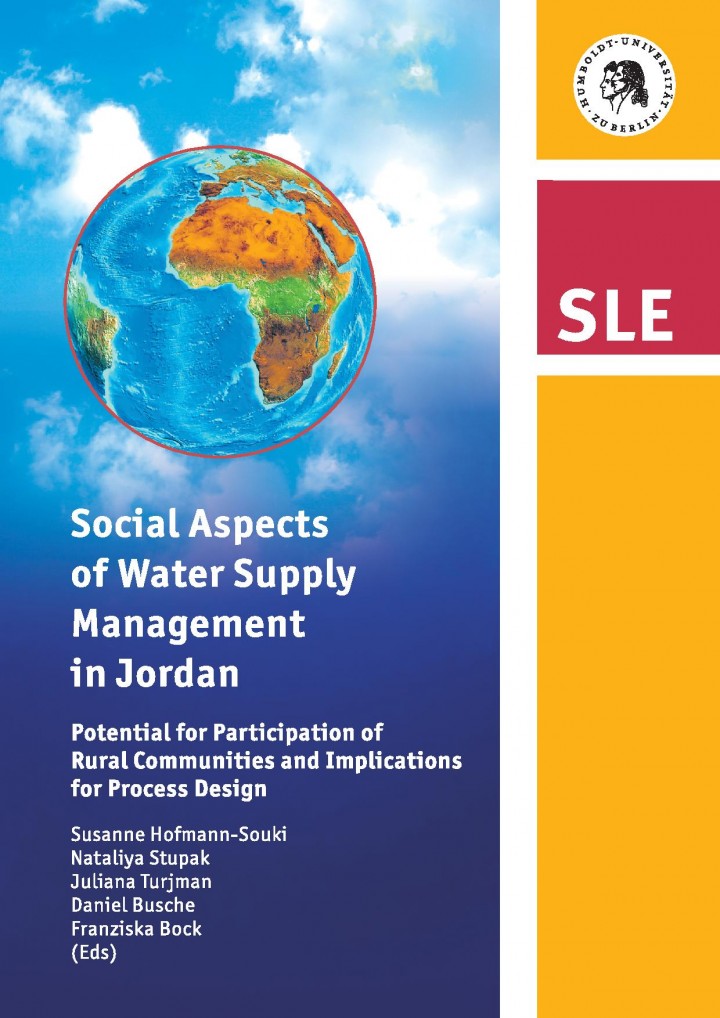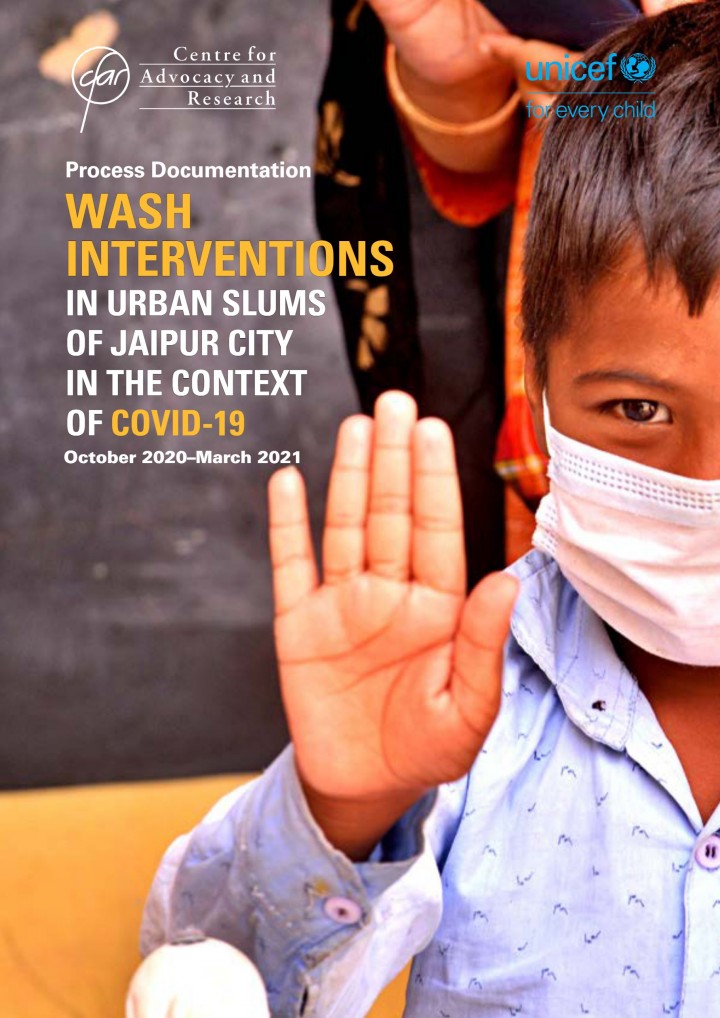Searching for information on Sanitation Workers?
The Sanitation Workers Knowledge + Learning Hub is the best source for all current news, trends, articles and updates on sanitation workers rights around the world.
This newsletter will provide you with a set of updates from the GIZ bilateral water and sanitation programmes in Africa, Asia, MENA and Latin America as well as a selection of news from other sustainable sanitation projects worldwide.
This newsletter focuses on digital approaches in sanitation.
Indicators are essential to monitor the progress of the Agenda 2030. An indicator summarizes information and helps policy makers to take important decisions regarding the implementation of measures to achieve the Sustainable Development Goals (SDGs). However, this requires data that is not available in many places. In order to fill this data gap, a transect walk with local stakeholders can …
Humanitarian assistance and development cooperation pursue different aims and follow different principles. Their separation – while important to protect the independence of humanitarian action – has negative side effects. This paper seeks to contribute to the international debate by clarifying concepts, analyzing these effects and exploring donor strategies for addressing …
The mission of Loveland TVET College is to produce high quality products and have a visible impact on social and economic development by:
- offering programmes of international standard, through the formation of strong linkages with key stakeholders and focusing on the holistic development of learners; and
- being a well-capacitated, accessible, credible, and self-sustaining TVET College, …
Chandpur is a fast-growing city located along the Dhaka- N1 and Gauripur - Kachua highway and 120 km South of Dhaka. It is beside the Dakatia and Meghna Rivers and it is well connected with road, water, and railways. It is one of the oldest towns in the sub-continent and was declared a municipality in 1896 and a Pourashava in 1986. Chandpur is one of the 53 district-level municipalities in the …
Sharya town is situated in the KRI and located in the Sumel District, which is part of the Duhok Governorate administration, and it lies approximately 15km south of Duhok.
Sharya Town is currently hosting large numbers of IDP’s, both in and out of camps. Figures received from the HoM, relating specifically to the town in 2021, state that there are 7,254 individuals in the hosting community …
The function of the department is mainly to carry surveillance on sector dynamics, conduct training needs, develop and implement short tailor made courses for skills upgrading, problem solving, and refresher in the water and related sectors. The tailor made courses are to suit the training needs and interventions desired for organizational growth in accordance with strategic plans and business …
Faecal sludge management is recognized globally as an essential component of city-wide inclusive sanitation. However, a major gap in developing appropriate and adequate management and monitoring for faecal sludge is the ability to understand and predict the characteristics and volumes of accumulated faecal sludge, and correlations to source populations. Since standard methods for sampling and …
Bageshwar Nagar Palika Parishad area is 8.5 sq.km. and has 11 wards with a population of 25,045 (as of year 2018). There are 4,808 Households (HHs) post municipal boundary expansion in the year 2018. With the delimitation of boundary, the total number of wards have increased from 7 to 11. Presently, the geographical area of the city is 8.5 Km2. The revised municipal boundary has been considered …
Faecal sludge management (FSM) involves the collection, transport, safe treatment and disposal of the full contents of an on-site sanitation system e.g. a pit latrine, or a septic tank. To manage the contents appropriately; the sludge, the water and the solid waste within the containment system must be appropriately treated and disposed of.
In Kisumu, approximately 75% of household sanitation …
Of the two billion people worldwide lacking access to at least basic sanitation, seven out of ten live in rural areas (JMP 2019). Progress has been made on increasing rural sanitation and access levels are rising, but challenges remain in reaching the ‘last mile’ or some 10 to 20 per cent of the population (Apanga et al. 2020; UNICEF 2015).
The factors affecting the ability of households …
Key Messages:
• Inadequate sanitation and hygiene adversely impacts human well-being.
• In Tanzania basic latrine coverage is high but this still constitutes inadequate
sanitation
• Some families continue to defecate in the open
• Handwashing with soap is not practiced consistently or at the key junctures.
• WSP is implementing a project to scale up access to improved sanitation …
The publication voices the importance of social context and collective action as a mediating factor between programme implementation and its success. CRSHIP assesses the social factors that influenced sanitation uptake, indicating the efficiency of communities participating together with local community leaders or NGOs to work cohesively in achieving their S&H goals.
Kanpur is the biggest city of the state and is the main centre of commercial and industrial activities. Formerly it was known as Manchester of India. Now it is the commercial capital of Uttar Pradesh. It is situated on the right bank of the Ganga River. The city is famous for its leather and textile Industry. As per statistics released by District Industrial Corporation, Kanpur, the city has over …
There is limited documented information about the WASH experiences of women with disabilities in Cambodia. It is critical to listen to their voices in order to better shape programs and policies, and begin challenging discriminatory attitudes. Greater participation is the first step to ensuring that women with disabilities can access the facilities, services, and products to manage their WASH …
Evidence and comments suggest that CLTS has been successful in some cases in Africa, however it is difficult to find strong data to support this.
Claims to have achieved Open Defecation Free (ODF) status have often been exaggerated and estimates of numbers of ODF communities inflated. Verification systems need to be improved. Another problem is that ODF is an absolute condition, important as a …
The report identifies major global gaps in WASH services: one third of health care facilities do not have what is needed to clean hands where care is provided; one in four facilities lack basic water services, and one in 10 have no sanitation services. This means that 1.8 billion people use facilities that lack basic water services and 800 million use facilities with no toilets. Across the …
The Hand Hygiene for All Global Initiative is led by WHO and UNICEF. It aims to implement WHO’s global recommendations on hand hygiene to prevent and control the COVID-19 pandemic and work to ensure lasting infrastructure and behavior. It calls for countries to lay out comprehensive roadmaps to ensure hand hygiene is a mainstay beyond the pandemic. It also proposes a framework for coordination …
Jordan ranks as one of the world’s water-poorest countries. The influx of refugees from Syria into Jordan since 2011 is placing a heavy burden on its already strained water resources. This brings existing deficiencies in water supply to the forefront, leading to frequent supply bottlenecks and dissatisfaction among the population, particularly in rural areas.
Although the absolute quantity …
IN 2020, UNICEF initiated WASH interventions in the urban slums of Jaipur city in partnership with the Centre for Advocacy and Research (CFAR). This was done in the context of the 2019 coronavirus (COVID-19) pandemic with a threefold objective. COVID-19 has highlighted the inter-linkages between health and hygiene and the vulnerability of the poor and the marginalized. As India battled with the …

